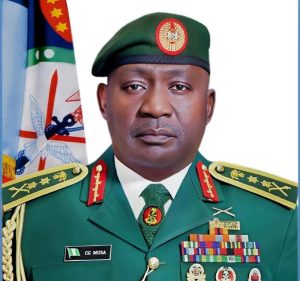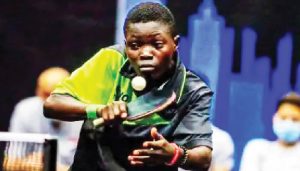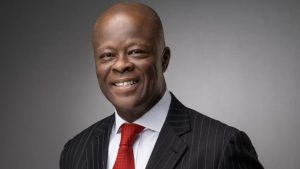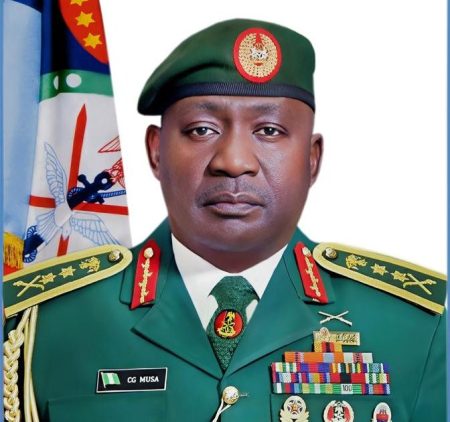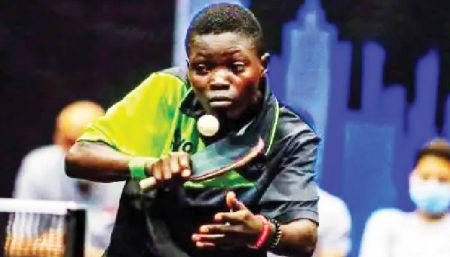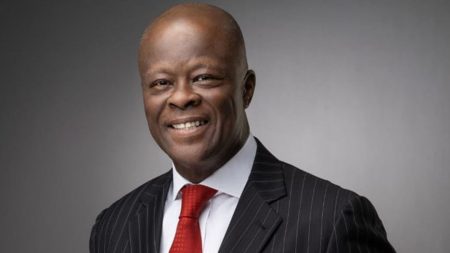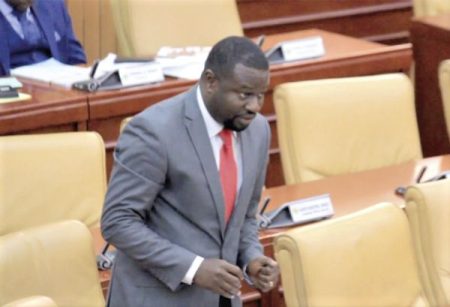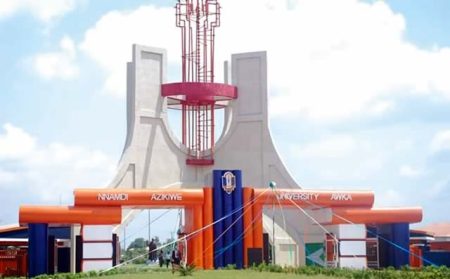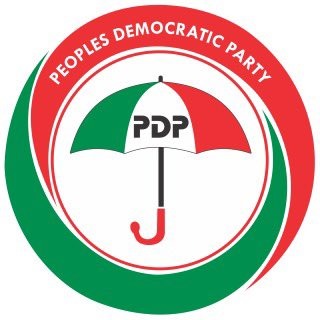President Bola Tinubu’s recent visit to Nasarawa State to inaugurate legacy projects served as a platform for him to address brewing political tensions and assert his administration’s accomplishments. The visit, marked by the inauguration of a flyover, dualized road, and new secretariat complex, showcased the state’s developmental strides under Governor Abdullahi Sule, a progress Tinubu linked to his own leadership. However, the undercurrent of political maneuvering surrounding the 2027 elections dominated the narrative. Tinubu directly addressed the emerging opposition coalition, labeling its members as political “internally displaced persons” and dismissing their attempts to unseat him as premature and futile. He projected confidence in his ability to navigate the economic challenges facing the nation and pledged continued support for Nasarawa State’s development.
The nascent political coalition, comprising prominent figures like former Vice President Atiku Abubakar, ex-Governor Nasir El-Rufai, and former Governor Rotimi Amaechi, aims to challenge Tinubu’s anticipated re-election bid. El-Rufai recently claimed, based on internal polling, that Tinubu’s chances of winning in 2027 were slim. This assertion fueled Tinubu’s sharp rebuke, framing the coalition as a desperate attempt by disgruntled politicians. Tinubu’s strong stance reflects the high stakes involved in the upcoming elections and the growing polarization within the political landscape. The President’s visit to Nasarawa provided a strategic opportunity to assert his authority and dismiss the opposition’s efforts, while simultaneously highlighting his administration’s achievements.
Tinubu’s visit emphasized not only political posturing but also underscored the developmental progress in Nasarawa State. The inaugurated projects, including the over N16 billion Lafia flyover, were presented as tangible evidence of effective governance and resource management under Governor Sule. Tinubu praised Sule’s performance, linking it directly to his own leadership and emphasizing the collaborative efforts between the federal and state governments. The governor reciprocated this sentiment by naming the flyover after Tinubu, a gesture symbolic of the political alignment and mutual support between the two leaders. The inauguration ceremony served as a platform to showcase positive developments and reinforce the image of progress and stability, countering the narrative of economic hardship and political instability advanced by the opposition.
The political undertones of the visit were further amplified by Senate President Godswill Akpabio’s remarks. Akpabio, while representing Tinubu at the inauguration, took aim at the opposition parties, the Peoples Democratic Party (PDP) and the Labour Party (LP). He criticized their internal divisions and portrayed them as disorganized and ineffective. Referring to recent defections and internal disputes within the opposition ranks, Akpabio argued that their disarray was weakening their ability to provide a robust check on the ruling party. He suggested that Tinubu, as a “true democrat,” desired a strong opposition but found the current state of the opposition parties lamentable.
Akpabio’s comments reveal a multi-layered political strategy. While ostensibly highlighting the importance of a strong opposition in a democracy, his remarks served to further discredit the opposition parties and portray them as incapable of effective governance. He portrayed the APC as a welcoming and stable alternative, emphasizing the party’s openness to defectors. This strategy aimed to weaken the opposition by highlighting their internal weaknesses and attracting members to the ruling party. The defection of Senator Neda Imasuen from the LP to the APC, which occurred on the same day, provided a timely example to support Akpabio’s narrative of a crumbling opposition.
The events surrounding President Tinubu’s visit to Nasarawa State highlight the complex political dynamics at play as the 2027 elections draw nearer. Tinubu’s strong rhetoric against the emerging opposition coalition, his emphasis on developmental achievements, and Akpabio’s criticism of the opposition parties all point to a concerted effort to consolidate power and shape the political narrative. The opposition coalition, still in its formative stages, faces the challenge of overcoming internal divisions and presenting a united front to challenge Tinubu’s dominance. The coming months will likely witness intensified political maneuvering and posturing as both sides prepare for what promises to be a highly contested election cycle. The battle for public perception will be crucial, with the ruling party emphasizing stability and progress while the opposition seeks to capitalize on economic anxieties and perceived governance shortcomings.


